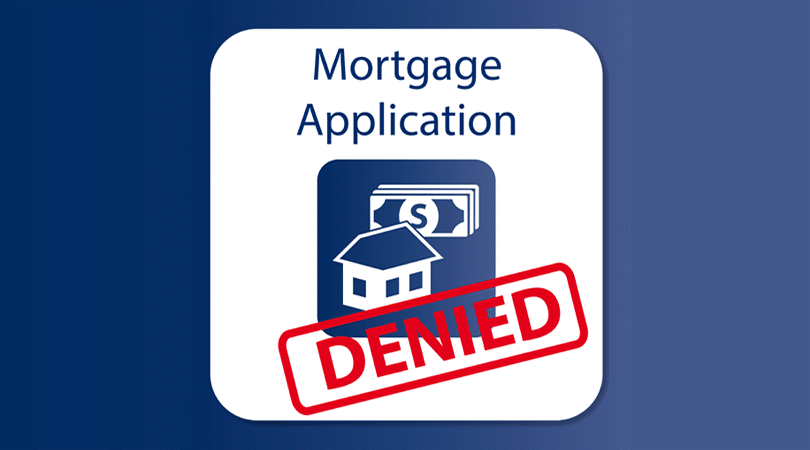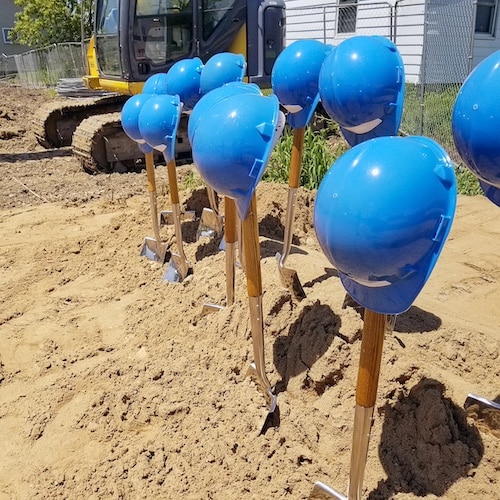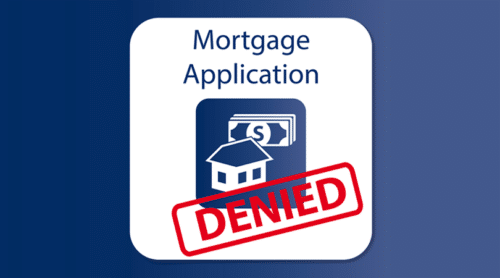More frequently a prospective new lender simply requests a verification of mortgage (VOM) from the existing lender. In this scenario, your payment history will make or break the deal.
A verification of mortgage (VOM) is an official statement that verifies your existing loan terms and provides a rating of the payment history, including if the loan was current or delinquent for each month listed.
A history of late payments to one lender will understandably raise red flags with another.
Unfortunately, we see VOMs blow-up refinance deals on a somewhat regular basis at Nexus Private Capital, a hard money lender based in Austin, Texas.
Consider this example:
- We have a client who is a long-time flipper who changed his plan for a property from flip to homestead (which is a no-no for hard money lenders).
- In addition to violating “no occupancy” covenants, the market downturn caused him to fall behind on his payments to Nexus.
- The mortgage balance owed to Nexus is $800,000.
- The property was hastily listed for $1,200,000, arguably leaving money on the table compared to its true market value assuming no sale under duress.
- His back-up strategy to pay off Nexus was to refinance.
- Everything looked good with the refi until the new lender requested a VOM.
- Nexus was asked “We need a paid as agreed if you can make that happen, if not we understand”.
- The reality is that no lender, including Nexus, can provide a VOM that doesn’t accurately represent the facts.
- Without a clean VOM the refi blew up.
- Nexus now has no choice but to tee up a “friendly foreclosure”.
- The borrower will almost certainly lose hundreds of thousands of dollars of equity either because a bidder acquires the property at a discount at foreclosure or because Nexus will end up with the property in lieu of being paid off.
The moral to the story is don’t be late!
Of course, that’s easier said than done but there are serious unintended consequences that you might not think about when deciding to withhold scheduled payments from your lender.
This case also highlights the benefits of working with a local balance-sheet lender like Nexus rather than an institutionally backed lender that entices clients with the “lowest rates” but can’t help you when you need help the most.
With balance-sheet lenders, you can talk to a decision maker and perhaps modify your loan as part of a strategy to avoid blemishes on a VOM or a foreclosure. Try that with an institutional lender and you’ll find out what it means to be “just another number”!




